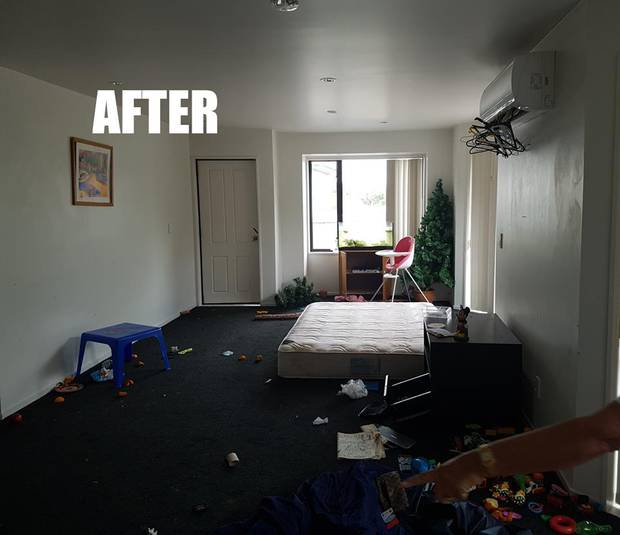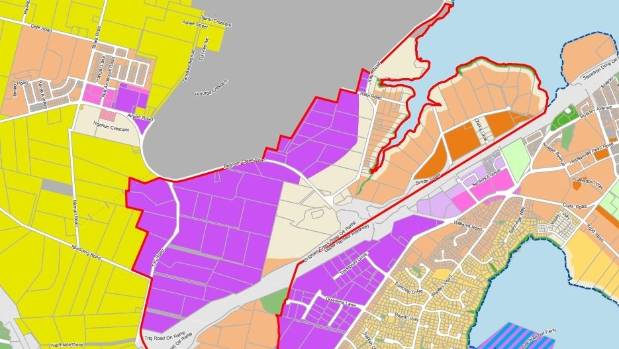COMMENT: Other than the long-awaited news of a ‘travel bubble’ with Australia, few recent Government announcements have been anticipated more than the trumpeted release of a suite of measures to address the issues facing the housing market.
Sadly, however, the reality of the announcements falls far short of the hype and has proven to be little more than a clumsy potpourri of retrospective justifications of previous failed initiatives and virtue signalling mixed with some worthy tinkering.
With one exception – but I’ll come to that later.
The announcements comprise a selection of documents – one which goes to considerable lengths to put a brave face on the Government’s housing market performance over the past four years – all laid out without a hint of irony or humility. This section, which swings between defending the indefensible and taking credit for the achievements of the previous Government, paints the construction of 800 Kiwibuild homes as a success despite the fact that the original target was 100,000.
To be fair, not all of the announced initiatives are without merit. The decision to increase income and price caps for those who qualify for the First Home Loan Scheme is a long-overdue response to a problem which has been brewing for two or three years, and the investment of $3.8 billion in a contestable fund to work with councils to develop the infrastructure required for new housing developments is a practical measure that will help to make a real difference. These moves should be applauded.
But such pragmatism is quickly overshadowed by the large dollops of ideology which underwrite the essence of most of the other measures, particularly the decision to increase the Bright Line test to ten years, despite no logical reason for doing so. This means that property investors will now pay capital gains tax on the sale of a property if they sell within ten years, doubling the previous rule which was already far too long. Unlike speculators who buy and sell quickly in the expectation of making a profit, property investors invest for the long term and pay tax on the profit they make from operating their business, so taxing them twice, in this way, is inequitable, naïve and continues to misrepresent the important role played by tens of thousands of mums and dads investors.
But that measure is a mere entrée to the real game-changer in this package: the decision to remove interest deductibility on property investment mortgages. If your eyes are glazing over, I don’t blame you but bear with me because the consequences of this change are important.
First, let’s understand what this actually means. Contrary to the dishonest language of the Government release – which refers to this as a “loophole” – the ability to treat interest as an expense for tax purposes is an internationally accepted aspect of business tax practice and has been for as long as anyone can remember. If my business generates $100 and my expenses are $75, my ‘profit’ (the amount on which I pay tax) is the difference, $25. The interest paid on an investment mortgage has always been understood to be such an expense, but the effect of this change is that it won’t be in future.
The consequences of this are huge and will dramatically increase the tax bill to the average investor, at a time when most landlords are already losing money on the day to day operation of their investment.
I’m sure there are some who will applaud this, but that’s short-sighted thinking. The reality is that the need for rentals increases as our population increases and this policy change flies in the face of that truth. Inevitably, for these reasons, this measure will lead to a full-blown rental crisis characterised by stagnant (or falling) numbers of rental units, a big spike in the cost of renting, and huge pressure on the Government to build even more state houses to fix this new housing crisis.
However, the change will be gradual. While new investors will be subject to this new rule from 1 October – the change will be phased in, for existing investors, over the next 4 years. This means that, by the time that happens, we’ll have long since forgotten this announcement and will no doubt look for something or someone else to blame for the crisis.
And here’s the starkest truth. Neither this measure nor any of the others in the Government’s announcement will make the slightest bit of difference to house price inflation. Prices will continue to rise and the latest ‘suite of measures’ will become just another footnote to a long list of failed policies.
It kind of makes you wonder what all the fuss was about.
– Ashley Church is a property commentator for OneRoof.co.nz. Email him at ashley@nzemail.com
This entry was posted in Property Market. Bookmark the permalink.







